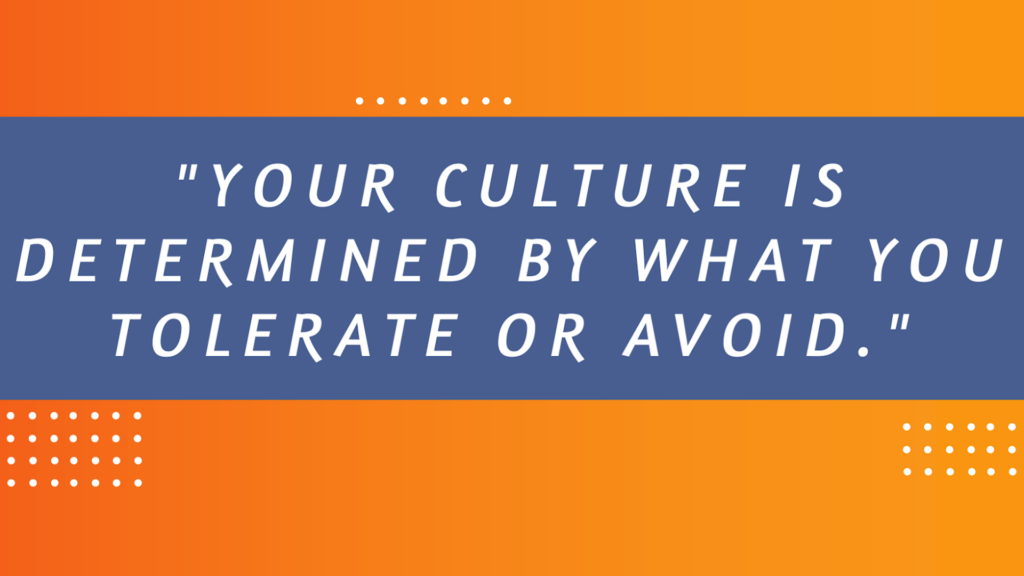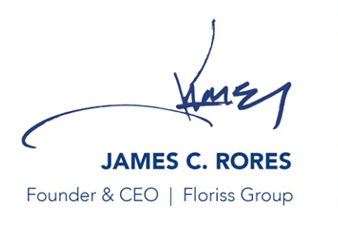Sales Managers talk a lot about putting together a strong team, a successful team, a results-oriented team, but what about a scalable team? And what exactly does it mean to scale a team?
Building a scalable sales team is the result of a consistent approach to retaining and adding leaders, people and systems in pursuit of aligned and healthy goals.
This is the stage of team and organizational development that comes before growth. And it’s the subject of an axiom that has been part of our organization for decades, “Health Before Growth.”
When you attempt to grow an unhealthy team, you magnify the blindspots and gaps created during the scale-up phase. You build a house of cards that gets weaker and more unstable with each new member of the team.
And, as you execute your recruiting strategy, you will begin to think in terms of hiring to fix instead of hiring to fit your sales growth engine.
Of course, scaling your team can be equal parts exciting, stressful, and challenging. However, it’s all manageable if you adjust your mindset to follow the four phases of building a scalable team – forming, storming, norming, and performing (Bruce Tuckman, 1965).
With the proper goal and mindset in place, you are ready to fine-tune your approach and multiply your impact with these five requirements for success:
1. Prioritize Your Growth Culture
Begin with the end in mind. Consider the type of leaders and people you want to hire and retain for your team. Not the type of salespeople. Finding candidates who fit your vision of the team in the context of the goals you have in mind is far more important than their ability to simply close deals.
Not all top performers are created equal. Culture is far more important than finding someone who comes with an immense amount of sales success.
In many ways, culture is determined by what you tolerate or avoid. There’s a phrase used in sports when a team brings in a high-profile athlete who doesn’t fit the group’s core values, and that’s cancer in the clubhouse. You never want to bring in someone who doesn’t fit the culture of your team because they can shake things up negatively and have a chronic, harmful effect on how the group jives.
You could hire the Lebron James of selling, but it’s never worth it if they work against your efforts to turn a group of individual contributors into a cohesive team, capable of producing more than the sum of its parts.
Hiring a top performer who ends up being a cancer in your organization will only slow you down, if it doesn’t kill you first.

2. Get Ahead of Your Hiring Plan
Sales team members turnover 2X to 3X more often than the general workforce. As you are scaling your team, hiring for retention is key. But you won’t have the formula fully baked right away.
Make sure you have the funding to build out your team NOW. Top performers are hard to find. And it’s unrealistic to assume you can turn on the spigot and have the exact candidate you want, on demand.
This reality is why hiring managers so often place bets on non-ideal candidates. It is almost never better to have anybody in the seat instead of nobody in the seat.
Use time to your advantage. Give yourself the ability to find the right people (not the best available people) for your job and culture. You will accelerate growth by investing in quality and fit, and you will reduce turnover and revenue loss over time.
There are no shortcuts to building a scalable team. If you are not hiring for the long term, prepare to become a casualty in the short term. Why do you think the average tenure of a growth company VP Sales is less than 18 months?
3. Develop Your Leadership Awareness
Leadership awareness is essential and begins with self-awareness. The best leaders surround themselves with smart, collaborative people who align with the core values and culture they promote. This is because delegation is key.
You can’t recruit, coach, motivate, train, and hold team members accountable all at once, all on your own. Its simply not scalable. You need other team members to step up as peer coaches, mentors and leaders to help you align everyone’s focus, energy and execution.
In your role as manager, don’t forget, no one sits on their deathbed and says, “I wish I spent more time in the office.” So don’t set yourself up to burn yourself out. Lean on and leverage the emerging leaders you have so thoughtfully hired and developed as you built your sales growth culture.
Practicing the universal principles of servant leadership will help you develop leaders as you lead. Ensuring everyone is serving the same shared goals for growth and leading one and other along the same shared path to change.
4. Strengthen Your Team’s Resilience
Companies with strong growth cultures have them because of a focus on connection, individual development and inclusivity. Giving structure to the development of these areas via formalized mentoring programs helps to ensure the resilience of your culture.
83% of millennials, for example, are actively engaged in their jobs when they believe the company they work for promotes inclusivity. On the other hand, if people feel excluded, naturally, they’ll be less committed to finding ways to reach the goals set forth by leadership. And the more likely they will be to look for work elsewhere, regardless of what you’re paying them.
Formal mentorship programs break down generational barriers between employees, as well as siloes created by hierarchy and departments. At the same time, effective mentoring programs build and retain high-quality employees on BOTH sides of the mentoring relationship.
Bonds that form the framework of your team become stronger and more resilient. And friction that can lower the efficiency of your sales growth engine and impede your team’s execution will disappear.
5. Live By Transparent Communication
At the center of each requirement discussed so far is the transparency of your team’s communication.
Successfully establishing your growth culture, hiring plan, leadership awareness, and team resilience can’t happen without transparency. Transparent communication rewards and fosters team-wide accountability and helps you foster a healthy leadership identity.
Transparent communication allows for a better understanding of work and a tighter bond between those at work. If colleagues have a stronger relationship with each other, the chance for conflict to arise in the workplace is less likely.
In addition, when employees feel the company supports open lines of communication, they will be more likely to share their feedback and ideas, leading to better concepts and outcomes for the company as a whole. Everyone gets the chance to work smarter and harder toward their goals.
And, at the end of the day, Isn’t that what every top performer wants?
Of course, each of these five requirements are manageable if you focus on health before growth and cultivate a mindset that embraces the four phases of scaling any team: forming, storming, norming, and performing.
- Forming the the foundations of trust and knowledge
- Storming shifting from individual contributor to team member
- Norming around collaboration and knowledge sharing
- Performing by leveraging others and advancing as a team of one
What are some of your biggest challenges with building a scalable team and growth culture? Continue the conversation with me on LinkedIn and check out what Floriss can bring to your organization, if you’re willing to take the ride with us.
Together,











